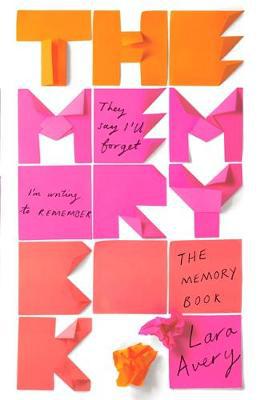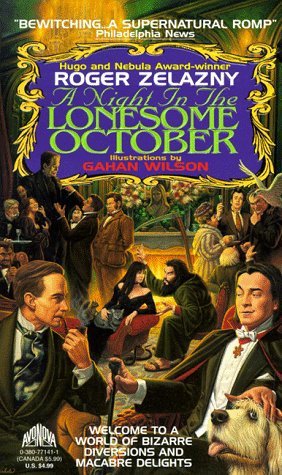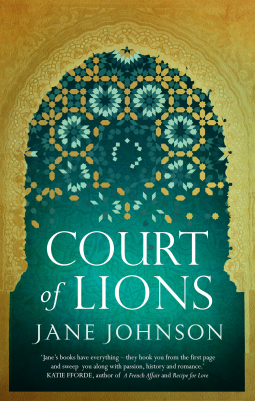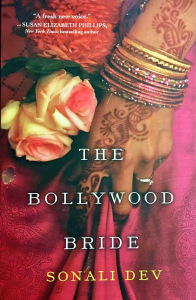This isn’t the first time I’ve reviewed a novel by China Miéville, and it won’t be the last time either.
China Miéville is one of the finest writers of science-fantasy I have ever read. Whether it is the imagined world of Bas-Lag, which three of his most ambitious novels envisage, to the grimy streets of contemporary London in King Rat, China Miéville is consistently creating tales with puissant imagery, poetic prose, and a confident voice. The thing I love about China Mieville is his ability to make an impossible premise feel real, and that is exactly what he has done with The City & The City.
In fact, I could just gush about how overwhelmingly fantastic he is, and how almost every book he’s written I’ve loved from start to finish (except the census-taker), but that wouldn’t make for a very entertaining blog post now, would it?
So, here is some photographic evidence of my fandom so we can move along with this post:
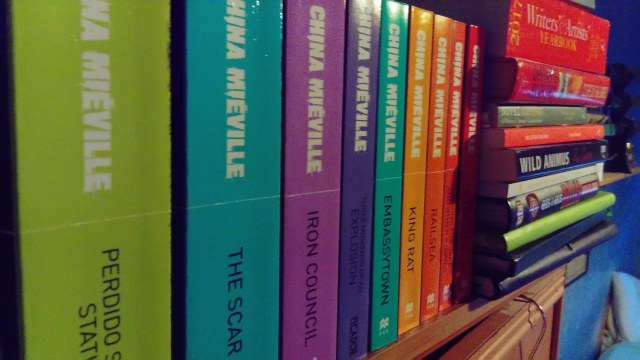 It’s not an entire shelf of Miéville. . .
It’s not an entire shelf of Miéville. . .
The City & The City is detective novel at heart, albeit a very different detective novel. Though it plays on common themes in Miéville’s works, such as politics and things of a surreal nature, it is also completely new. Exploring these themes through the lens of theoretical physics and interstitiality, Miéville crafts a novel of dizzying and superior heights.
Yet, as complex as I have made it sound, The City & The City is formed on a single premise. That is that, somewhere on the edge of Europe, two cities that occupy the same space exist. These two cities may occupy the same space, but the citizens of each are completely oblivious to each other. Well, not quite oblivious, they ‘unsee’ each other. That is to say, one resident of one city is forbidden from looking into, or travelling to, the sister city. Drivers in both cities have to avoid each other without so much as a flutter of recognition, pedestrians wordlessly move through foreign crowds without acknowledging them, and whole streets go untraversed depending on which city they belong to. Why? Because this is the law, and to break this seeing/unseeing law is to invoke breach.
I rate Miéville’s world building (or should I say city building) in this novel very highly. He has created a world both familiar yet so strikingly alien while still being easy to understand. The cities are considered, well described and developed, and have been fully thought out. Miéville once again proves his powers of observation by creating a setting so vividly and fully imagined.
The main character, Inspector Tyador Borlú, is part of Beszél’s (one of the two cities) extreme crime squad. The story opens straight into the action with the inspector arriving at the scene of the crime on which most of the story hinges. Soon, Borlú begins to expect that this murder may have taken place over both cities, but how? The pacing is nothing short of masterful, the plot thickens rapidly, and soon we see Borlú struggling with his dogged determination to solve the case and uncover the truth. Borlú himself is an interesting and well-written character, which is good seeing as the book is written entirely from his point of view. Secondary characters, such as Dhatt and Corwi, are a testament to Miéville’s ability to write a compelling cast into his books.
The use of language is more economic than the average Miéville book, meaning you don’t need a thesaurus to read this one. The prose still leans towards the poetic but doesn’t distract from the strong first person narrative. Dialogue is convincing, with plenty of little references to things that made me smile.
My one gripe with the book is that the mystery was still quite conventional. That is not, however, a terrible sin. Miéville has turned a conventional mystery plot into something different using the setting. Once again proving that he is one of the masters at writing settings that will come back to haunt your dreams.
This novel is a monument to the genre while breaking all sorts of predefined norms for a detective novel. If you haven’t already read The City & The City, then I would urge you to do so as soon as possible.
That’s it for this review, I hope you enjoyed it.
Have you read any China Mieville? If so, leave me a comment below, and tell me all about it.
Thanks for reading.
Thanks so much for reading my stuff! It means alot to me, I would be eternally grateful if you dropped me a like, shared my stuff or even follow me using all the buttons at your disposal! Many thanks Jordan Reynolds :)


